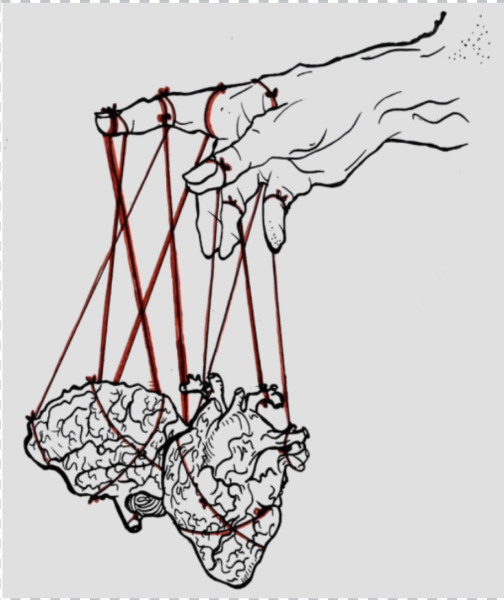As a Year 12, our first round of exams is officially over. While I could not be more relieved, it ultimately was a valuable experience to gain insight into what works and what doesn’t with studying. During the month leading up to the exams, we were shown a few slideshows with various study methods “backed by science”. However, this was fairly ambiguous. Did the students who used these methods actually score higher? How closely would I need to follow these methods? With so many uncertainties, “backed by science” doesn’t mean much. This is my take on potential study techniques, both considering if they work and why they work.
First of all, I would like to begin with the don’ts. There is a universal temptation to take your old notes and read through them to “review.” Unfortunately, the reality is that you are essentially doing nothing. Memory retention from re-reading over 2 weeks is only 10%, and 10% will only get you a 1 on any IB exam (1). This doesn’t mean you shouldn’t read at all, but the key is to incorporate active recall. Additionally, perhaps this should be obvious, but don’t cram. If you are going to end up spending 10 hours the weekend before the exam, instead spend those 10 hours over 2 weeks leading up to the exam. Not only will this lead to long-term memory retention but it will also cause a lot less stress (2).
So if we know what doesn’t work, what does work? A common technique is to write out summary notes either in standard note form, sectioned flashcards, or mindmaps. Essentially, writing requires active engagement. While copying notes from one page to another won’t be particularly useful, any form of paraphrasing requires understanding and synthesizing of information. However, it is time-consuming. Therefore, it may be most useful to write notes in flashcard form to be able to refer back to them in the future.
Another popular and effective study technique is the blurting method. This method entails setting a timer and writing down everything you can think of on a given topic. Not only is this pretty much the embodiment of active recall, but it also allows you to identify any gaps in your knowledge. Since you are able to identify these gaps, it is also more time efficient because you can concentrate on learning what you don’t know.
The SQR3 technique is another form of active recall, composed of five steps: survey, question, read, recite, and repeat. Similar to summary notes, this method requires you to engage in active recall by first surveying what you are going to read, formulating questions for yourself to answer, and finally reading and reviewing your understanding. Quite a few subjects in the IBDP provide textbooks. This method is perfectly suited to making use of these resources and gaining a general understanding of the material.
Lastly, you can also teach. Teaching essentially forces you to break down any piece of content into the very basics and repeat it; another form of active recall. If you cannot explain a topic from the basics, you do not yet effectively understand it. Furthermore, teaching, either to an imaginary student or to whoever will listen, has been proven to lead to the “protégé effect.” An effect that helps you learn by improving brain processing and increasing the use of effective learning strategies (4).
There are also a few tips that can be applied to just about any study technique. Firstly, it is scientifically proven that humans do not have great attention spans. In fact, recent studies have found that the average adult human can only fully concentrate on a task for 15 to 20 minutes (3). While it isn’t exactly sustainable to take a 10-minute break every 15 minutes, applying a method such as the Pomodoro technique may help you stay concentrated. A study calendar can also be useful. It reveals how much time you can actually apply to a subject, and it is simply easier to sit down and work if you know what to do. An effective study calendar also follows the idea of spaced repetition, a concept that will improve retention and help to overcome the “forgetting curve” (4).
What ultimately works will depend on a combination of the subject and the individual. However, regardless of which technique, the fundamentals will always apply: spaced repetition and active recall. There is certainly a temptation to study “perfectly” or not at all. With all of these “scientific” techniques available, it may seem like if you’re not exactly following, there’s no point. In reality, this pressure is only counterproductive. Studying imperfectly is better than not studying at all. With this advice in mind, I sincerely wish everyone luck in their future exams.
———————————————————————————————————————————————————
(1) https://artofsmart.com.au/study/reading-study-notes/
(2) https://www.apa.org/gradpsych/2011/11/study-smart
(3) https://www.lenstore.co.uk/eyecare/attention-span-of-humans
(4) https://www.ilovepdf.com/blog/best-study-methods-techniques


